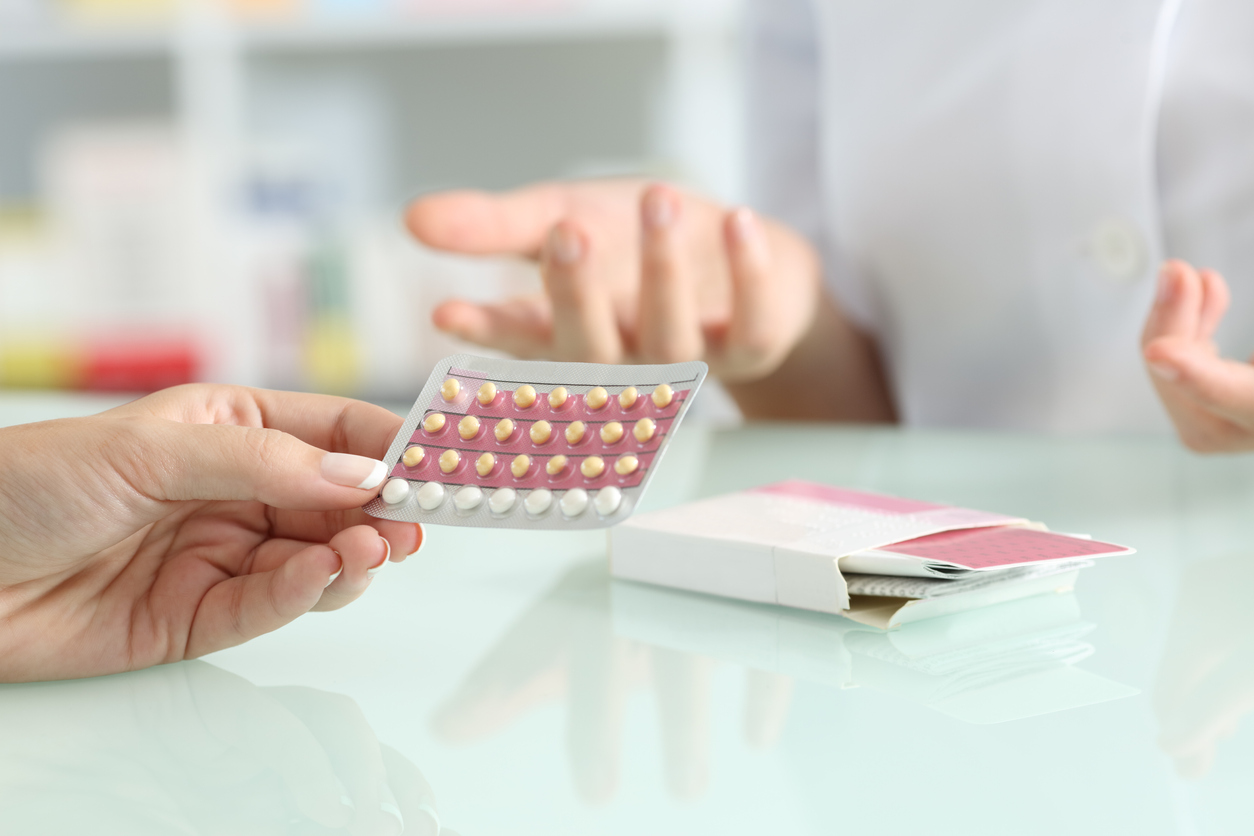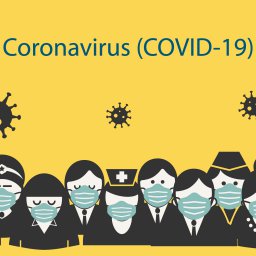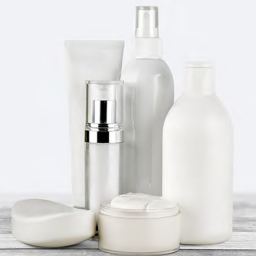How long does someone need to be off bioidentical hormones before checking saliva hormone levels?
The answer depends on what form of hormones your patient is using and whether you are monitoring hormone therapy or establishing baseline values. Our general guidelines for testing patients on bioidentical hormones are given below. Please note that some practitioners may decide to deviate from these recommendations depending on specific clinical goals or judgment.
Monitoring Hormone Therapy
For patients taking oral bioidentical hormones – including progesterone, estrogens, cortisol (hydrocortisone), DHEA, pregnenolone, and glandular supplements that may contain these hormones – we suggest having patients avoid the hormones completely for 24 hours preceding collection and on the day of collection.
Likewise, sublingual hormones need to be avoided completely for 24 hours preceding collection and on the day of collection. Moreover, because sublingual hormone medications can contaminate the saliva and produce falsely elevated results, we also advise having patients avoid taking any sublingual hormones under the tongue for at least three days before saliva collection. Starting three days before saliva collection, sublingual hormones may be taken orally, in the same dose as usual, but swallowed with water instead of being dissolved under the tongue. To clarify, the patient may take their sublingual hormone as an oral medication (rather than sublingual) on the third day before collection and the second day before collection, but they should avoid taking their hormones completely on the day before collection. To avoid inaccurate results, patients should avoid all steroid hormones on the day before collection and the day of collection, regardless of which hormones you are testing. When a patient takes sublingual progesterone, estrogen, DHEA, or pregnenolone within three days of saliva collection, the resulting levels of hormones in the saliva may interfere with accurate measurement of these and other steroid hormones.
For patients using topical hormone creams or other hormone applications (i.e., transmucosal), it is also important to observe this 24-hour avoidance period before collecting saliva. Due to the similar structures of adrenal and sex steroid hormones, the use of estrogen, progesterone, or testosterone creams or gels near the time of saliva collection may significantly interfere with measurement of other hormones. Most notably, exposure to topical or transmucosal progesterone during the 24 hours before collection or on the day of collection may lead to falsely elevated cortisol and 17-hydroxyprogesterone levels. It is important for patients who are testing cortisol and 17-hydroxyprogesterone levels to avoid any exposure to progesterone, estrogen, testosterone, or other hormone creams for 24 hours preceding collection and on the day of collection.
When patients are using topical hormones – including estrogens, progesterone, and testosterone – monitoring saliva hormone levels to guide dosing can be a challenge. When patients are using transdermal hormone creams, we commonly find highly elevated, supraphysiologic levels of steroid hormones in the saliva – including estrogens, progesterone, testosterone, and DHEA – with significant variations in hormone levels from day to day. If you decide to test patients who are using transdermal hormone medications, patients should be instructed, at a minimum, to avoid all transdermal hormone applications for 24 hours before collection and on the day of collection for any hormone test to avoid direct contamination of samples. Patients should also be instructed to avoid other hormone exposures during this 24-hour time period, e.g., skin-to-skin contact with a person using topical hormone medications along with other sources of indirect hormone exposure in the home and workplace (see details below in ‘Monitoring Unintentional Hormone Exposure’).
Even with this 24-hour avoidance period, we still often find highly elevated salivary hormone levels showing large day-to-day variations when patients are using transdermal hormone creams. The clinical significance of such highly elevated hormone levels with salivary testing is not well established. In these cases, practitioners may use saliva hormone testing results to discuss the issue of hormone exposure and tissue hormone accumulation with patients, and to consider alternate routes of application which may produce more consistent and targeted hormone levels, e.g., oral, sublingual, or transmucosal.
Patients using an injectable bioidentical hormone or a hormonal skin patch may test at any time between injections or patch applications, but they should wait a minimum of 24 hours after receiving an injection or applying a new patch before collecting saliva. We suggest testing approximately midway between injections or patch applications to estimate average hormone exposure levels.
Monitoring Unintentional Hormone Exposure
Practitioners should note that passive transfer of hormones (including estrogens, progesterone, testosterone, and/or DHEA) may occur readily when an intimate partner or other family member is using a hormone cream or gel. In these cases, avoiding direct skin-to-skin contact and other indirect contact in the household (e.g., faucet handles, doorknobs, and linens) may be necessary to avoid unwanted exposure and to obtain accurate testing results. Practitioners should also know that unintentional hormone exposure may also occur in gyms (via direct contact with shared gym equipment), and in work environments (e.g., pharmacies, health care facilities, salons, and spas).
Establishing Baseline Hormone Values
To establish baseline hormone values (when appropriate), we suggest having your patient avoid all hormone medications and supplements, in addition to all other hormone exposures, for at least three weeks before testing. This restriction applies to all forms of oral, sublingual, transmucosal, topical, and injectable hormones including estrogens, progesterone, testosterone, cortisol (hydrocortisone), DHEA, pregnenolone, and glandular supplements. With use of topical progesterone creams, an avoidance period longer than three weeks is typically necessary. Topical progesterone is absorbed into subcutaneous fat cells more readily than other hormones and may require months for accumulated lipid stores of progesterone to deplete. We suggest waiting at least three months after discontinuing topical progesterone cream for measuring baseline saliva progesterone levels.
My patient is taking the birth control pill. Will this interfere with hormone testing?

Oral contraceptives and other hormonal forms of birth control (including injectable contraceptives) do not directly interfere with saliva hormone testing or cause falsely elevated values. These contraceptive medications have the effect of suppressing the body’s own natural production of estrogens, progesterone, testosterone, and the pituitary hormones FSH and LH. Thus, when a patient is using a hormonal contraceptive, we typically find low levels of these endogenous hormones on testing. We generally do not recommend testing with the Cycling Female Hormone Panel when a patient is using a hormonal contraceptive. However, the Adrenal Stress Index panel may still provide useful information when a patient is on a birth control medication. Although levels of DHEA and 17-hydroxyprogesterone may be suppressed in some patients, cortisol levels should not be significantly altered by the use of contraceptive medications.
What is the amount of time needed to wait before testing cortisol and DHEA if a patient has been on prednisone?
For safety reasons, we advise practitioners to follow proper protocols for discontinuing prednisone and other steroid medications. When medically appropriate, oral corticosteroid medications such as prednisone need to be avoided for a minimum of 24 hours before saliva collection in order to prevent direct interference with cortisol measurement. In addition, because prednisone and other steroid medications can suppress the function of the adrenal glands, causing low levels of cortisol, DHEA, testosterone, and related hormones, practitioners may decide to wait several days to several weeks, depending on length of steroid use, after a patient has discontinued using a steroid medication in order to more accurately assess baseline hormone levels.
My patient is using fluticasone nasal spray. Should this be stopped for a period of time before testing?
For safety reasons, we advise practitioners to follow proper protocols for discontinuing use of steroid medications. When medically appropriate, fluticasone and other steroid medications may be stopped to allow for more accurate hormone testing. All medications containing cortisone, hydrocortisone, or any other corticosteroid – including over-the-counter and prescription skin creams and ointments, hemorrhoid creams, steroid eye drops, steroid nasal sprays (such as fluticasone), steroid inhalers, and oral corticosteroid medications – can potentially interfere with cortisol testing and should be avoided for 24 hours before testing and on the day of testing. In addition, as noted above for prednisone, all corticosteroid medications (including steroid nasal sprays) may potentially suppress normal adrenal hormone levels. As such, practitioners may decide to wait several days to several weeks after a patient has discontinued using these steroid medications, depending on length of use, in order to more accurately assess baseline hormone levels.
Will other medications such as antihistamines or antidepressants interfere with adrenal hormone testing?
Antihistamines, antidepressants, and anti-anxiety medications may all lower cortisol with long term use. Decongestant medications may increase cortisol levels with prolonged use. However, use of these medications will not directly interfere with laboratory measurement of cortisol or DHEA. These medications will not cause falsely elevated or depressed laboratory values. Patients may continue to take these medications on the day before and the day of collection.
It is important to clarify that antihistamine drugs do not interfere with any of our hormone tests; however, corticosteroid medications do interfere. When patients are taking an antihistamine, they may also be using a corticosteroid medication that will interfere with cortisol testing.
When it is medically safe and appropriate, patients need to avoid all such corticosteroid medications to prevent interference with hormone test results. If the patient is using any corticosteroid medication (skin or hemorrhoid creams, eye drops, nose sprays, inhalers, or oral steroid medications), they need to avoid using the medication for at least 24 hours before collection and on the day of collection.
Other medications with corticosteroid-like effects (i.e., spironolactone) should also be avoided, when medically safe and appropriate, for 24 hours before collection.
How many days should patients avoid vitamins or adrenal support supplements before testing hormone levels?
In general, patients may continue to take their usual dietary supplements, including vitamins, minerals, other nutritional supplements, and adaptogenic herbs and adrenal support formulas (containing no adrenal glandulars or other glandular material) on the day before collection and the day of collection. However, practitioners should be aware that many over-the-counter dietary supplements – including energy drinks and supplements, weight loss formulas, protein powders, muscle building formulas, athletic performance supplements, and sexual enhancement supplements – may contain steroid hormones, including DHEA, androstenedione, and testosterone, even when product labels do not list these hormones as ingredients. When test results for any of these androgen hormones are elevated, your patient may have been exposed to hormones via use of these products. In these cases, patients will need to avoid use of any such dietary supplements for at least three weeks before retesting to more accurately assess their baseline hormone levels.
Will skin lotions or moisturizers affect saliva hormone results?
All skin creams, lotions, and moisturizers have the potential to interfere with hormone testing, including measurements of cortisol, DHEA, estrogens, progesterone, testosterone, androstenedione, and 17-hydroxyprogesterone. Over-the-counter anti-aging creams, anti-wrinkle creams, sensitive skin creams, and various other lotions and moisturizers potentially may contain estrogens, progesterone, DHEA, and other hormones, even when these hormones are not disclosed on the label. Certain ingredients, such as placental derivatives, are known to contain hormones, and other additional ingredients containing hormones may not be listed as such on the label. It is best to instruct your patients to avoid all skin creams, lotions, and moisturizers for 24 hours before collection and on the day of collection.
Do I need to be concerned about other cosmetic products?
Cosmetic products, including soaps, hair care products, and makeup may contain hormones including estrogens, progesterone, and DHEA. Eyelash lengthening products may also contain testosterone and/or other androgens. Ideally, all cosmetic products should be avoided for 24 hours before collection and on the day of collection for accurate saliva hormone results.
Do patients need to avoid antifungal drugs before testing the Adrenal Stress Index?
No. Antifungal drugs do not interfere with adrenal hormone testing and do not need to be avoided before testing.
Will cortisone injections interfere with cortisol testing?
Yes. Cortisone injections may cause elevated salivary cortisol levels for several days to a few weeks after an injection. We suggest waiting at least two weeks after a cortisone injection before testing cortisol levels.
Do patients need to avoid melatonin or thyroid hormone medications before testing?
Although melatonin and thyroid hormone medications may affect adrenal and ovarian function, these medications do not interfere with steroid hormone testing and do not need to be avoided before or during adrenal or other steroid hormone testing.
Do patients need to avoid Adderall or other stimulant medications before testing?
No. Stimulant medications, including amphetamine-type drugs, may increase cortisol and DHEA levels, but they do not interfere with accurate measurement of these hormones. Patients may continue using these medications on the day before and the day of collection.
Do patients need to avoid caffeine and chocolate on the day of collection?
No. Patients do not need to avoid caffeine or chocolate on the day of collection (unless you instruct your patient otherwise). Caffeine and chocolate intake may affect adrenal function, but they do not interfere with accurate measurement of adrenal hormone levels. We generally suggest that patients follow their normal diet and routine on the day of collection.
My patient is on an altered work schedule and she typically gets up at 3 AM. What is the best way to test her adrenals? Should she collect at the normal times, or should she test about 3 hours earlier because of her schedule?
There is no definitive answer. If her schedule disruption has been short-lived, you may want her to follow our standard collection guidelines. However, if your patient has been on her altered work schedule long-term, it might be appropriate to alter the saliva collection times to match her schedule. In this case, you may have your patient test when she wakes at 3 AM (instead of 6 AM – 8 AM), and shift the other collection times approximately 3-5 hours earlier also.
If you require further guidance with test recommendation, collection guidelines, or interpretation of results, please give us a call. One of our Medical Support team physicians would be happy to help you.
This article has been updated from ChronoBiology 21.





